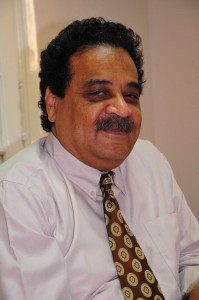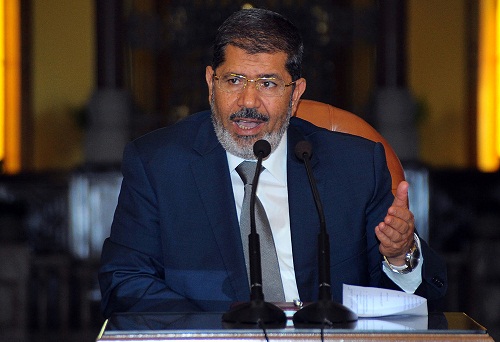
In previous articles, I went over the economic-social map and explained how there is a case of fluidity between socio-economic classes, leading to an overlap of interests. Therefore, what is needed is a political initiative that bypasses socio-economic classes or one that unites them.
One of the reasons behind the strength of the Islamist project is that it presented the public with the dream of a utopia. The project relied on what the Egyptian mentality perceived – via education and media– as the former paradise established by the old Islamic state. The democratic movement also has a dream that does not depend on cloning an old state that preaches perfectionism, but one that favours a world where people are free, and everyone is treated equally. The first step towards achieving this dream seems possible through the democratic movement’s political programme, which should have some tactics that could possibly lead to a strategy.
The movement’s vision involves fighting for the improvement of Egyptians’ quality of life, which could be enabled by the political battle. At the same time, they have to present the people with the dream, explaining how the daily battles will sometime prosper and lead to a small success, but one that will build a new world. This is necessary so that people can bear with the constant battles, and hence have enough energy and hope to pursue the final output.
This is not new; the democratic movement has been working on this dream back when they were only tens or hundreds of people a few years ago. They continued in the midst of the 25 January Revolution and the following waves of protests, leading up to 30 June. They will continue to pursue it even if they go back to being a few hundred on the steps of the lawyers or press syndicate. However, is it possible for the revolutionary zeal to die down and lead to the extinguishing of the democratic dream?
At the moment, it seems like the dream of a democratic state is more difficult to achieve than a few months ago. The main reason is the return of those who want the return of the old state. In addition, the general mood of the country has changed; now, people are looking for stability at any cost, even if it means relinquishing dreams of freedom and justice or even the return of the Mubarak state, where security is built on oppression.
The change of the general mood can also be traced to the leaders of the democratic movement who have felt isolated and depressed, which led to making concessions for different apparatus of the old state. Moreover, there is a lot of suspicion concerning these leaders, who might have joined the democratic fight not because they believe in a free state, but because they loathe the Muslim Brotherhood. Therefore, they become more tolerant towards the way the security apparatus use old state methods in their face-off with the Brotherhood as well as how they run the country and treat the people. They see these methods as the swiftest and most effective in establishing stability and eliminating the threat of the Brotherhood.
Some friends ask if it is possible that anyone would believe that the old police state can eliminate the Brotherhood after its failed experiment, which led to the increase of the Brotherhood’s strength and their infiltration of rural Egypt. Those who want the old state to return do not believe that the first experiment failed because they didn’t employ enough oppression and demagoguery to fill the political vacuum. Therefore, it is not surprising that they keep on attacking all politicians on various TV channels, demanding that security apparatus not only protect the country, but to run it as well.
These people forget that not only did their previous experience fail, but that during Morsi’s reign, they disappeared from the scene while the democratic movement was the only one working against the Brotherhood.
Finally, the only possible bet is one on the strength and unity of the democratic movement and its ability to face the old state, including the police state, as well as standing up to the Islamists and their allies. The only bet that remains is one on the possibility of the people regaining their awareness of the democratic dream, clinging onto it even if it seems difficult to attain on the short term.




